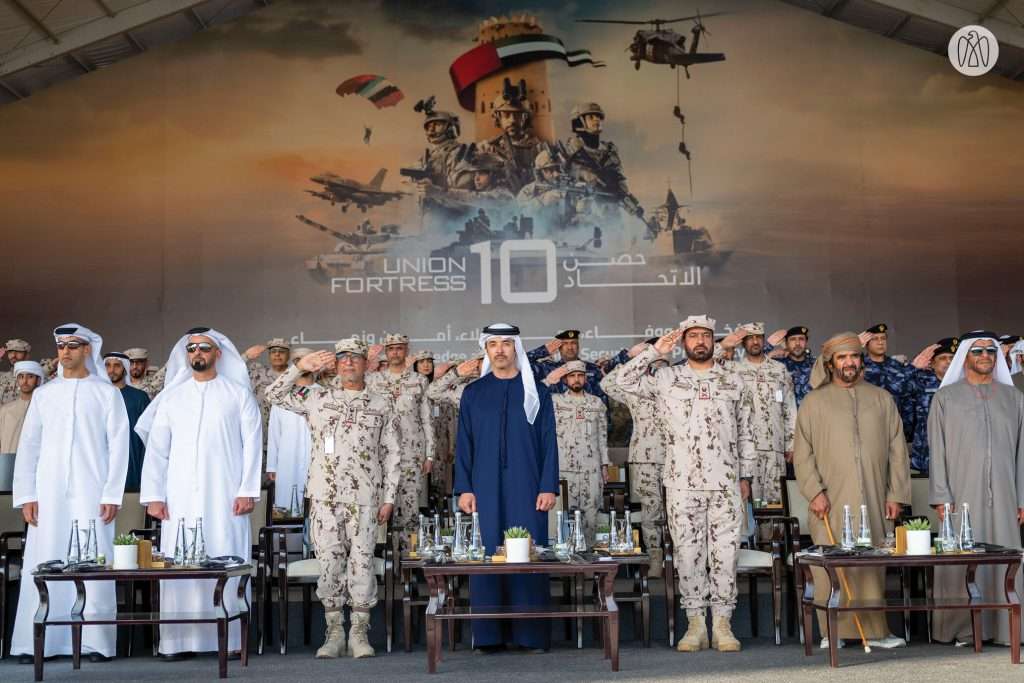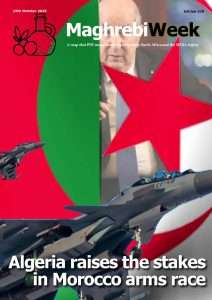Displacement soars in Darfur as UAE fuels war in Sudan

Intensified fighting in North Darfur’s capital, el-Fasher, has tripled the number of displaced people in nearby Tawila as of the 17th of October, according to the International Organization for Migration (IOM) reports the Associated Press. Yet as Sudan’s humanitarian crisis deepens, growing attention is turning to the role that the United Arab Emirates (UAE) has in sustaining the conflict through its support of the paramilitary Rapid Support Forces (RSF). The UAE’s links to the RSF has led to Sudan officially cutting its diplomatic ties with the gulf nation.
Ugochi Daniels, Deputy Director General for Operations at the IOM, said el-Fasher’s population has fallen by 62% this year alone. “North Darfur remains the epicenter of the crisis here in Sudan and we need peace to be able to access the most difficult places where the needs are the greatest,” she said. The war between the Sudanese Armed Forces (SAF) and the RSF began in April 2023 when tensions between the two former allies erupted into violence. Since then, at least 40,000 people have been killed and 12 million displaced, while more than 24 million face acute food insecurity, according to the World Health Organization (WHO) and the World Food Programme.
Reports from Middle East Eye (MEE) and UN investigators evidence that the UAE is providing financial and logistical backing to the RSF, which has been accused of atrocities in Darfur. Satellite imagery cited by MEE shows that Abu Dhabi has built or expanded a series of military and intelligence bases across the Red Sea and Horn of Africa, including in Yemen, Somaliland, and Puntland. Several diplomatic and regional sources allege that these facilities, particularly in the Somali ports of Berbera and Bosaso, have been used to funnel weapons and ammunition to RSF forces besieging el-Fasher.
While the UAE denies arming the RSF, insisting its regional presence is humanitarian and defensive, analysts argue that its activities reflect a broader ambition to project power and secure access to resources. “Sudan and Libya exemplify this crisis,” said analyst Jalel Harchaoui, “where a wealthy, revisionist foreign state can wield disproportionate influence.” The United Nations has described reports of Emirati involvement as “credible,” linking them to Sudan’s gold exports and arms transfers through the Red Sea corridor.

Within Sudan, the consequences of the war are catastrophic. Health Minister Haitham Ibrahim said that although 60% of hospitals in army-controlled areas have reopened, outbreaks of cholera, malaria, and dengue fever continue to claim lives. The WHO reports more than 113,000 cholera cases and over 3,000 deaths since July 2024. Ibrahim estimates medical losses at $11 billion, with aid convoys frequently attacked or looted.
The United States is the UAE’s main supplier of weaponry, similarly to how Western weaponry and capital fuels Israel’s genocide in Gaza, the West’s complicity is mirrored in what is potentially a genocide in Darfur, however responsibility for the armament and power of the RSF does not fall solely on the shoulders of the UAE and its Western allies.
The Janjaweed militias, who committed genocide in Darfur in 2003, have become an even stronger force since being officially organised into the paramilitary group known as the RSF by former Sudanese president Omar al-Bashir, resulting in the group being well supplied and well equipped compared to the early 2000’s. Having been initially organised to fight rebel groups in the Darfur region, the group has turned from specialists in counterinsurgency to masters of ethnic based violence and the erosion of Sudan’s democracy, as seen by their presence on the streets of Khartoum earlier this year.
As the war grinds on, Darfur remains trapped between famine and foreign interference, whilst being haunted by the scars of the regions past. Daniels of the IOM warned that aid alone cannot end the suffering: “There’s no amount of assistance that can bring peace, but if we have peace, we will have access to the people that need assistance.”
The Associated Press, Middle East Eye, Maghrebi
Want to chase the pulse of North Africa?
Subscribe to receive our FREE weekly PDF magazine










